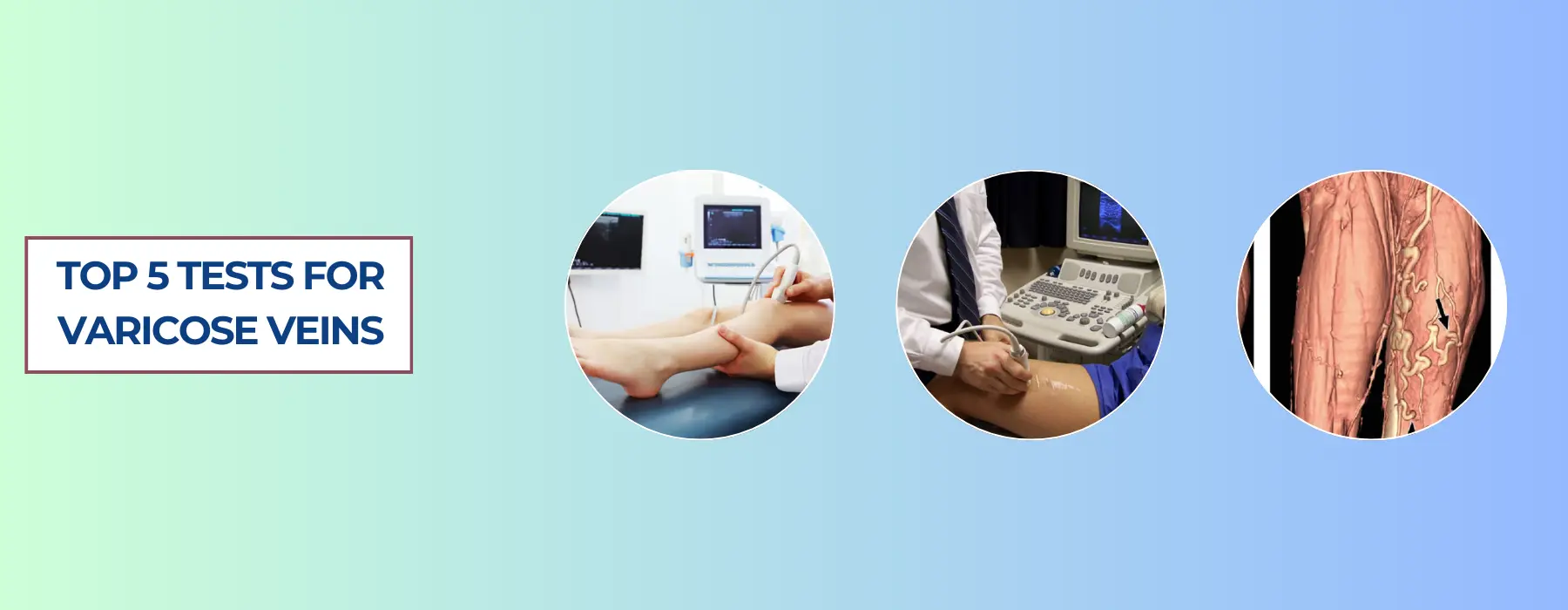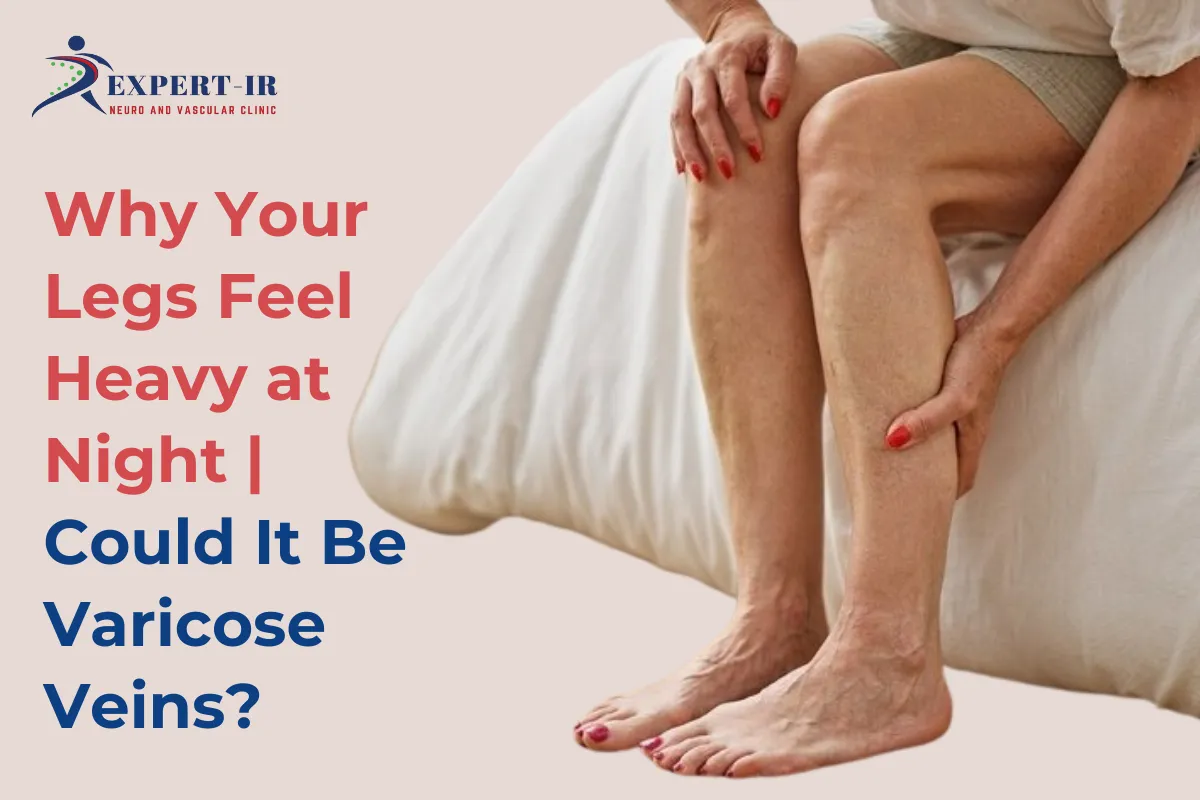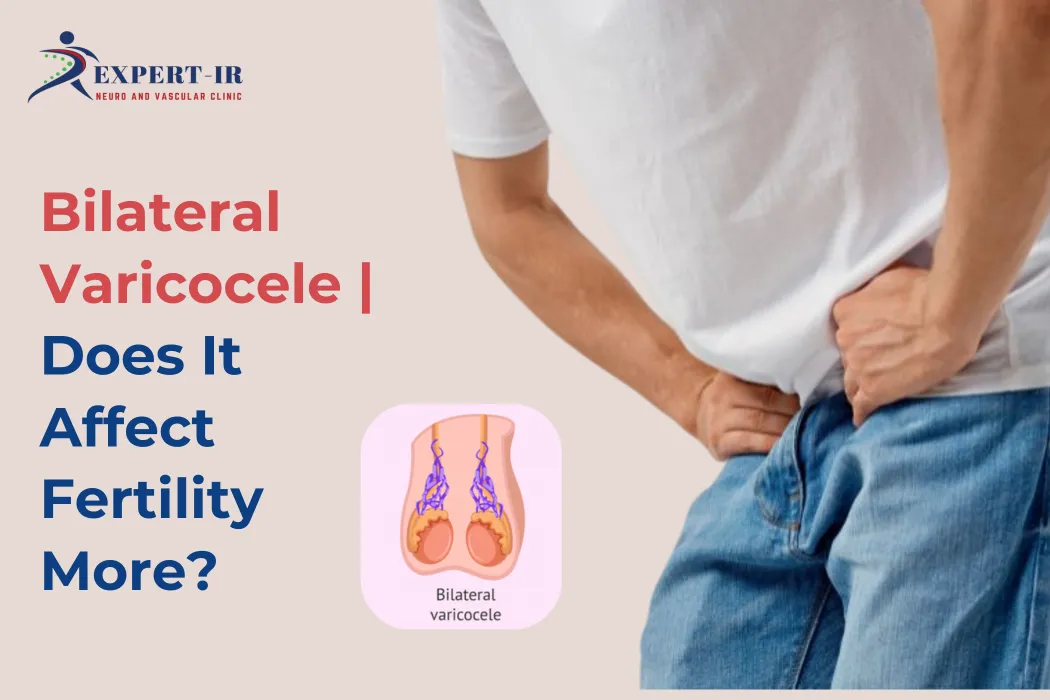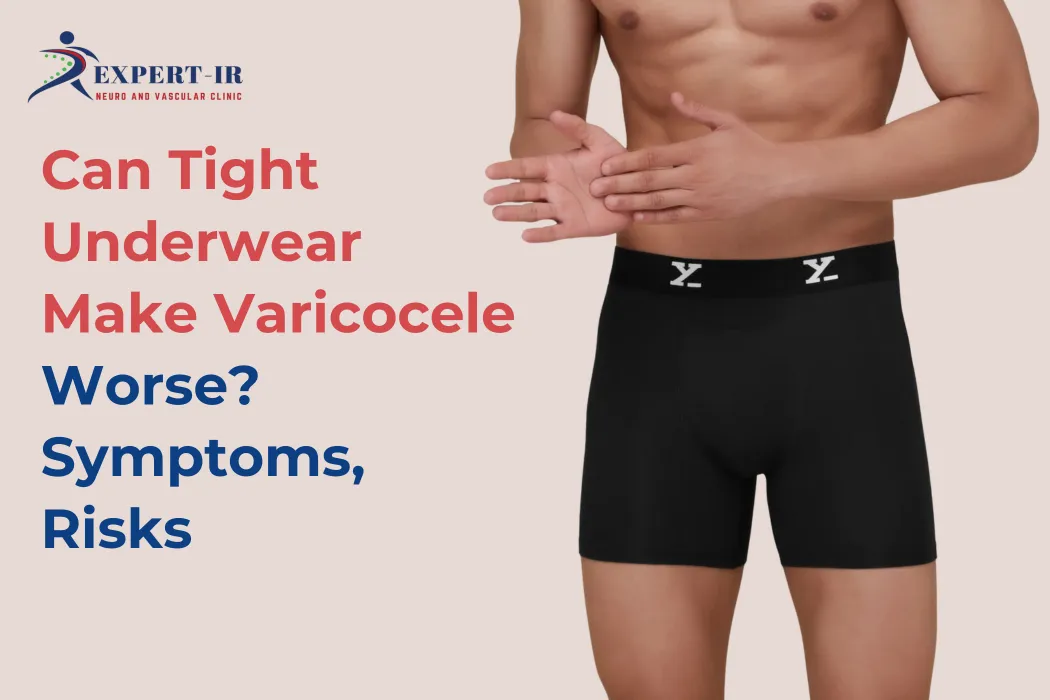Diagnosing varicose veins is the foundation of effective treatment. With modern tools like duplex ultrasound and color Doppler, patients can get quick, accurate results and start their recovery journey sooner. If you are struggling with leg pain, swelling, or visible veins, don’t delay—consult a specialist.
With the right tests for varicose veins, guided by an expert like Dr. Santosh Patil – Best Vascular Surgeon in Pune, you can prevent complications and enjoy a better quality of life.





